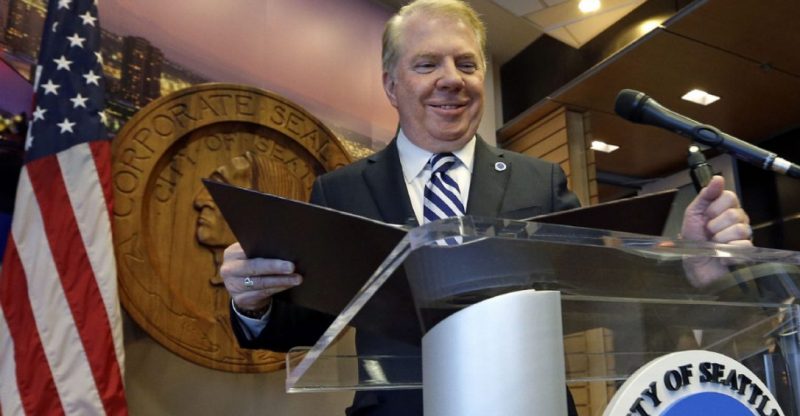Seattle’s Tax On Soda Finds A Soft Spot In The Fight Against Obesity
Critics are experiencing hard times arguing against the effectiveness of tax in sugar sweetened beverages. The mayor of Seattle Ed Murray said the new tax on traders imposed by the city will increased millions of dollars annually, most of which would be spent on activities that help low income and vulnerable kids.
A tax on beverages containing sugar was passed last week by the city Seattle. The information brought back the predictable complaints that the decision was ¨anti-business¨ that such taxes don’t work; it is the consumer who gets hurt by such an intrusive decision.
It’s too bad the pop lobby that prove to the contrary continues to increase, that the tax policy on sweetened beverages is good health policy and that if Ottawa wants to divert the attentions from Canada’s current obsession with that to infrastructure banks it could seized a win by concentrating on the ¨healthier Canada¨ as it has promised to do before.
Let’s go back to one or two facts, beverages concerning sugar are preview to increase Canada’s burden in unconscionable figures. The report from the university of Waterloos school of public health earlier this year predict that sugar sweetened beverages (SSB’s) will account for more than 600.000 new cases of type-two diabetes within the next twenty-five years and more than two million cases of obesity.
Data from the Canadian Community Health Survey and Euro monitor, the research discover that the average Canadian youth consumed an estimated 578ml of drinks containing sugar a day, with kids below the age of 8 consuming 326ml a day. An example of a sugar drink is juice.
The study all projects that 10% tax could lead to health care savings of $4.1billion and $16.5billion as tax revenue.
Tax revenue proceeds will be geared towards nutritional and education programs with the objectives of addressing the food insecurity gaps, including expanding access to healthy and affordable food via such initiative as the city Fresh Buck Program. The program links food stamps with fresh food sold via farmer’s market.





